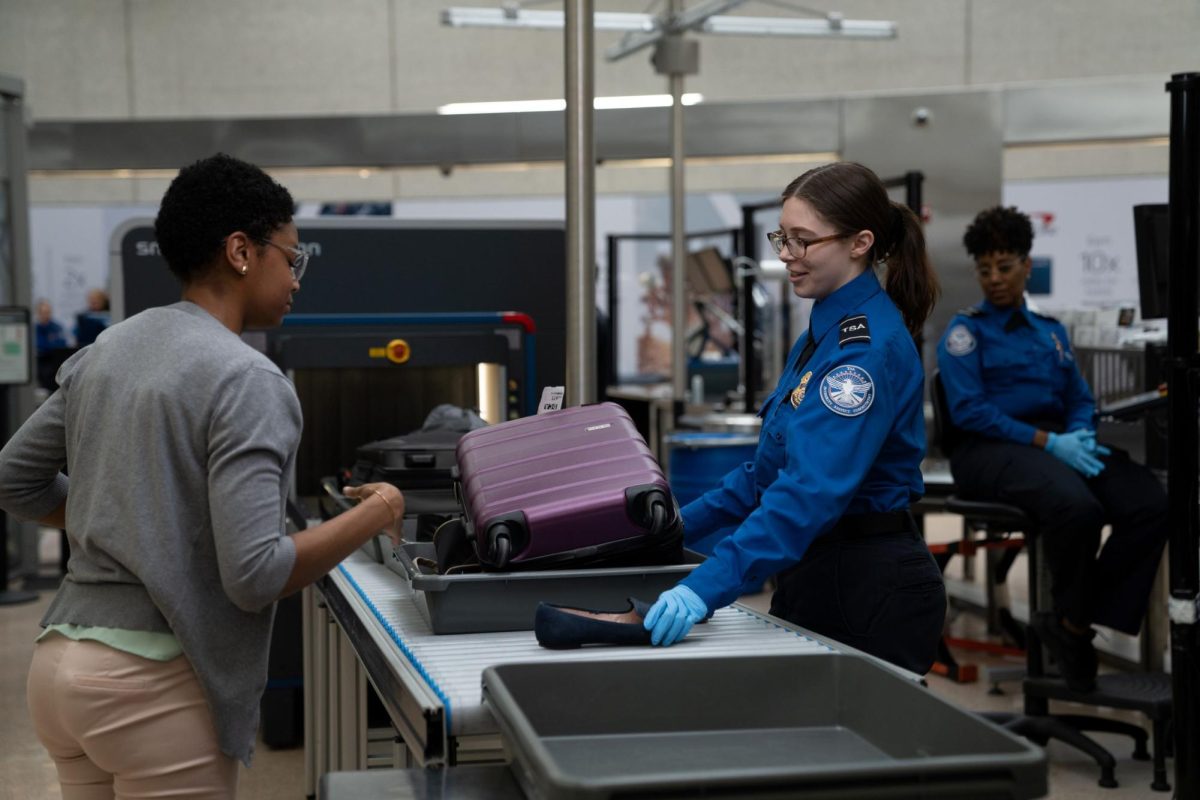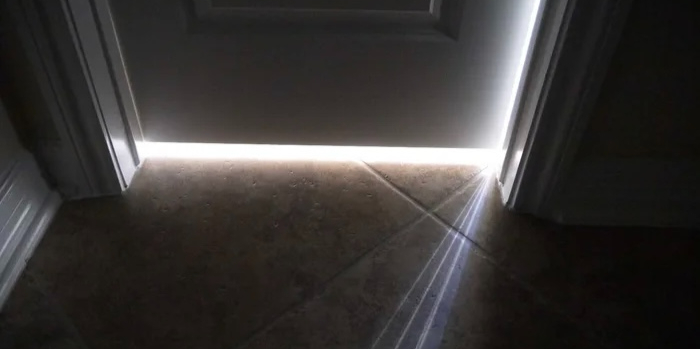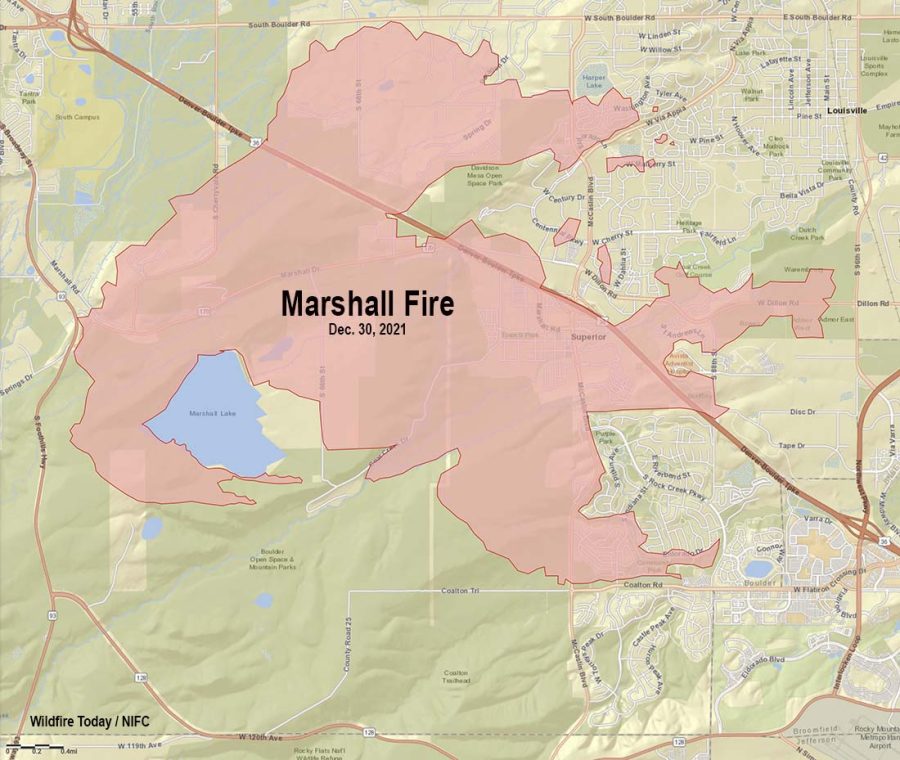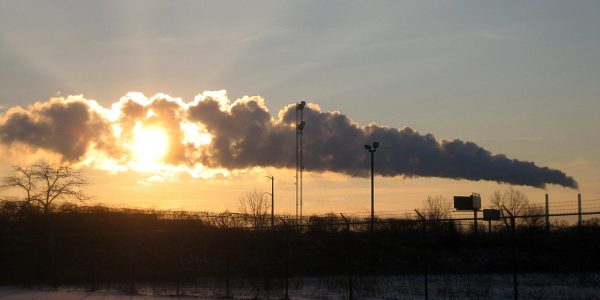Why the Marshall Fire is Still a Mess
This map shows the area of Colorado where the fire spread. Thousands of homes were destroyed, burning over 6,000 acres of land.
March 21, 2022
On December 30, tragedy struck out across Boulder Country, Colorado. A grass fire broke out covering thousands of acres and destroying thousands of homes. With unusually hot temperatures and wind gusts up 115 mph, the mountain wave effect allowed for the rapid spread of the fire. The fire has been named the Marshall Fire.
Inside the Marshall Fire’s scar, there is still lots of rebuilding to do. Its been 75 days since the fire, and there are still hundreds of lots left uncleared. Many families have had to use their own money to rebuild, while many are waiting on the county and federal government for assistance. The reason it has taken so long goes back to the beginning of the year.
The government assistance debris removal in Louisville, Boulder, and Superior has been delayed because three appeals have been filed against the removal contract signed with a Louisiana-based company back in February. The lawsuit has held up the approval process for the cleanup. Both counties have also seen delays because the fire moves into more than one area, and into unincorporated neighborhoods.
Boulder County commissioners said in order for debris removal to begin, the following steps must be completed:
- Finalize an intergovernmental agreement between Boulder County, the City of Louisville, and the Town of Superior. The agreement has been approved by both the city and town and will be considered by Boulder County commissioners on March 22.
- Resolve the preliminary injunction motion in the lawsuit filed by Demanding Integrity in Government Spending. A hearing on the motion occurred. on March 18.
- Sign a contract with DRC Emergency Services, LLC. Pending the outcome of the March 18 hearing, the contract could be signed by the commissioners on March 22, the same day they consider the intergovernmental agreement.
If the cleanup does not happen soon, construction for the new buildings could be delayed even further, causing, even more, legal and technical problems for the state and for the people living in the affected counties.






















































